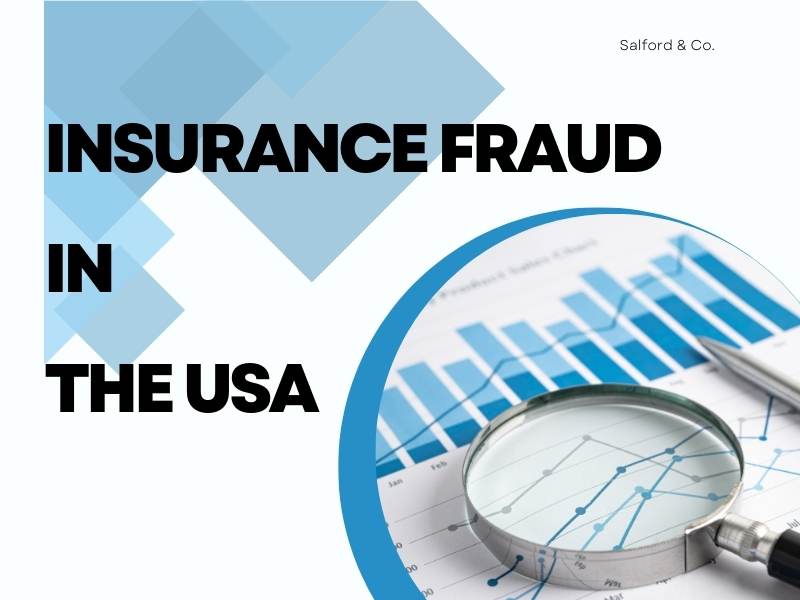Insurance fraud is a serious problem in the USA, costing billions of dollars each year and impacting both insurance companies and policyholders. In this article, we’ll delve into the world of insurance fraud, understanding its types, signs, consequences, and how to combat it effectively.
Understanding Insurance Fraud
Insurance fraud occurs when individuals or organizations deceive insurance companies to obtain financial gain. There are various types of insurance fraud, including health insurance fraud, auto insurance fraud, property insurance fraud, workers’ compensation fraud, and life insurance fraud. Fraudsters use different methods to commit insurance fraud, such as exaggerating claims, staging accidents, or providing false information.
Types of Insurance Fraud
Insurance fraud can take many forms, depending on the type of insurance involved. Health insurance fraud may include billing for services not rendered or submitting false claims for medical procedures. Auto insurance fraud often involves staged accidents or inflated claims for vehicle damages. Property insurance fraud may include arson or exaggerating the extent of property damage. Workers’ compensation fraud involves faking injuries or claiming benefits for non-work-related injuries. Life insurance fraud may include falsifying death certificates or misrepresenting medical conditions.
Signs of Insurance Fraud
Recognizing insurance fraud requires being vigilant for certain signs and red flags. These may include inconsistencies in claim details, unusual behavior from claimants, or patterns of suspicious activity. For example, multiple claims filed by the same individual or a sudden increase in claims from a particular area may indicate fraudulent activity.
Consequences of Insurance Fraud
Insurance fraud has far-reaching consequences for both insurers and policyholders. Fraudulent claims result in financial losses for insurance companies, which may lead to higher premiums for honest policyholders. Fraud also undermines the integrity of the insurance industry and erodes public trust. Individuals convicted of insurance fraud may face legal penalties, including fines, imprisonment, and restitution payments.
Combating Insurance Fraud
Combatting insurance fraud requires a multi-faceted approach involving insurers, law enforcement agencies, and regulatory bodies. Insurance companies employ various measures to prevent and detect fraud, such as data analytics and investigation techniques. Collaboration between insurers and law enforcement agencies is crucial for prosecuting fraudsters and holding them accountable. Education and awareness campaigns help inform the public about insurance fraud and encourage reporting of suspicious activity.
Reporting Insurance Fraud
Reporting insurance fraud is essential for combating this problem effectively. Individuals can report suspected fraud to insurance companies, law enforcement agencies, or regulatory bodies. Hotlines and resources are available for reporting fraud anonymously, and whistleblowers are protected from retaliation. Reporting fraud helps protect consumers, prevent financial losses, and maintain the integrity of the insurance industry.
Legal and Regulatory Framework
Federal and state laws govern insurance fraud, with penalties for individuals and organizations found guilty of fraudulent activity. Regulatory agencies are responsible for investigating and prosecuting insurance fraud cases, ensuring compliance with applicable laws and regulations.
Case Studies
Real-life examples of insurance fraud cases highlight the tactics used by fraudsters and the consequences of their actions. Analyzing these cases provides insights into successful prosecution and prevention efforts, helping to identify patterns and trends in insurance fraud.
Conclusion
Insurance fraud is a pervasive problem in the USA, with significant financial and societal impacts. Recognizing the signs of insurance fraud, reporting suspicious activity, and collaborating to combat fraud are essential for protecting consumers and preserving the integrity of the insurance industry. By working together, we can effectively identify, report, and prosecute insurance fraud, ensuring a fair and transparent insurance marketplace for all.




